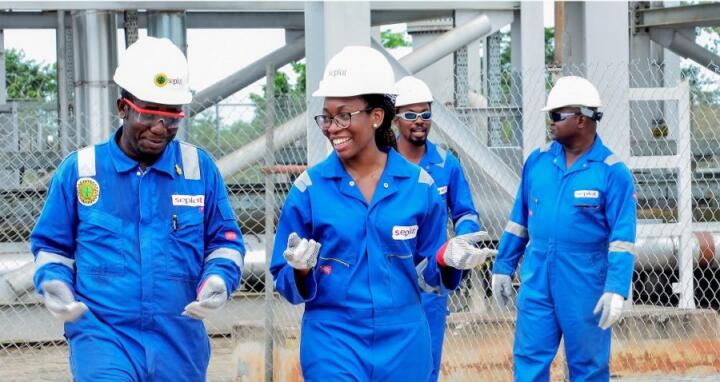Seplat Petroleum Development Company has taken a decisive step toward strengthening media engagement and capacity building by holding a comprehensive media workshop in Imo State, benefiting 25 journalists from various local and national media outlets. The initiative is part of Seplat’s broader corporate social responsibility and stakeholder engagement strategy aimed at fostering transparency, responsible reporting, and enhanced understanding of the oil and gas sector.
The workshop, conducted over two days, provided participants with in-depth insights into Nigeria’s upstream and midstream operations, gas-to-power projects, and community development programs. Seplat officials explained the technical aspects of oil and gas operations, the company’s environmental and social governance (ESG) initiatives, and the regulatory frameworks guiding exploration and production activities.

During the event, journalists were trained on effective reporting techniques specific to the energy sector, including investigative reporting, safety coverage, and understanding technical reports. The company emphasised the importance of accurate and balanced reporting in shaping public perception and policy decisions regarding Nigeria’s oil and gas industry.
Seplat executives highlighted that empowering journalists is critical for bridging the knowledge gap between industry operations and public understanding. “Journalists are key partners in our communication ecosystem. By equipping them with the right skills and information, we ensure that the public receives accurate, timely, and responsible coverage of the energy sector,” said a senior company spokesperson.
The workshop also included practical sessions, where participants engaged in hands-on exercises simulating field reporting, environmental assessments, and corporate communications strategies. These sessions allowed journalists to experience first-hand the challenges and opportunities inherent in reporting on the oil and gas sector.
Moreover, the company provided participants with educational materials, access to technical databases, and guidance on regulatory compliance and corporate governance. Journalists were encouraged to leverage these resources to produce informed stories that contribute to public understanding of energy policies, industry innovations, and community development initiatives.
Seplat’s engagement aligns with its broader efforts to support local content, enhance professional standards in journalism, and foster a collaborative relationship with media practitioners. The company has repeatedly emphasised that an informed media contributes to sustainable development, transparency, and accountability within the oil and gas sector.
The media workshop also featured discussions on ethical reporting, environmental sustainability, and corporate social responsibility. Participants were urged to highlight the social impact of oil and gas operations in host communities, including education, healthcare, and infrastructure development projects supported by Seplat.
Journalists expressed appreciation for the opportunity, noting that the workshop expanded their understanding of technical operations, environmental issues, and industry best practices. Several participants highlighted that the training would enhance the quality of their reporting, strengthen their professional credibility, and enable them to communicate complex industry topics to the public more effectively.
Seplat’s initiative reflects a growing trend among Nigerian energy companies to engage proactively with the media, recognising their role as critical stakeholders in promoting transparency and public trust. By empowering journalists, the company seeks to foster a more informed public discourse around energy production, corporate accountability, and community development.
The workshop in Imo State is expected to have lasting benefits, with participants applying newly acquired skills and knowledge to improve reporting standards, provide accurate information to the public, and support responsible journalism. Seplat has indicated plans to extend similar programs to other regions, ensuring that journalists across Nigeria have access to technical training and industry insights.
Beyond the immediate skill-building, the initiative underscores Seplat’s commitment to sustainable community engagement. By enhancing the capacity of media practitioners, the company strengthens the flow of reliable information from oil-producing communities to broader audiences, helping to create a balanced narrative around energy sector activities.
As the energy sector continues to evolve with technological advancements, regulatory reforms, and increased public scrutiny, initiatives like Seplat’s media workshop are critical. They not only empower journalists but also promote accountability, encourage responsible reporting, and build trust between the industry and the public.
The program concludes with a commitment to ongoing collaboration between Seplat and the media, ensuring that journalists remain well-informed about sector developments, policies, and community initiatives. Through such engagements, the company aims to enhance public understanding of Nigeria’s oil and gas sector while contributing to the professional growth of media practitioners.
This effort by Seplat is a clear demonstration of how corporate intervention in media capacity building can drive informed reporting, strengthen industry transparency, and support sustainable development objectives across Nigeria.
Support InfoStride News' Credible Journalism: Only credible journalism can guarantee a fair, accountable and transparent society, including democracy and government. It involves a lot of efforts and money. We need your support. Click here to Donate
